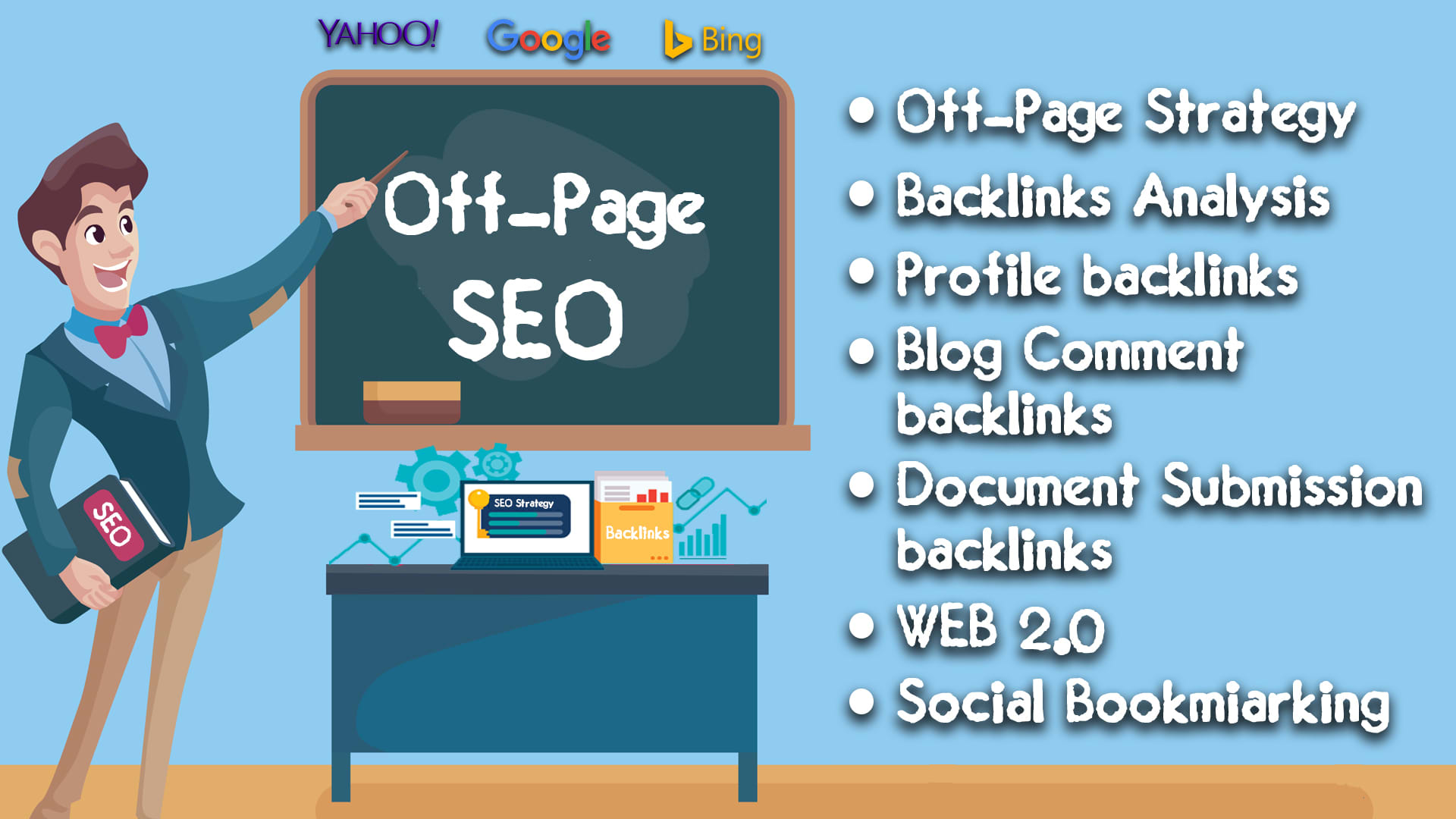 Understanding the Distinction between On-Page and Off-Page SEO
Understanding the Distinction between On-Page and Off-Page SEO
Search engine optimization (SEO) is a crucial aspect of digital marketing that can greatly impact a website’s visibility and success. Within the realm of SEO, there are two key components: on-page SEO and off-page SEO. While both are important, they serve different purposes and have distinct strategies. In this article, we will delve into the difference between on-page and off-page SEO and discuss their significance in developing a comprehensive digital marketing strategy.
On-Page SEO focuses on optimizing individual web pages to rank higher in search engine results and attract more relevant traffic. It involves various elements such as keyword optimization, content quality, meta tags, URL structure, and internal linking. By incorporating relevant keywords in content, meta tags, and headings, websites can improve their visibility in search engines. Creating high-quality and engaging content that provides value to the audience is also crucial for on-page SEO. Additionally, optimizing meta titles and descriptions accurately describe the content of the page, making it easier for search engines to index and rank the website. A user-friendly URL structure that is descriptive and easy to read is another important aspect of on-page SEO. Lastly, internal linking to other pages within the website improves navigation and enhances the user experience.
On the other hand, Off-Page SEO refers to actions taken outside of a website to enhance its search engine rankings. Key elements of off-page SEO include building backlinks, social media marketing, influencer outreach, and guest blogging. Building high-quality backlinks from reputable websites is essential for improving a website’s authority and credibility in the eyes of search engines. Sharing content on social media platforms helps increase brand awareness and drive traffic to the website, contributing to off-page SEO efforts. Collaborating with influencers in the industry is another effective tactic for promoting the brand and reaching a larger audience. Furthermore, writing guest posts for other websites not only establishes relationships but also provides exposure for the brand.
Both on-page and off-page SEO are vital for a successful digital marketing strategy. While on-page SEO focuses on optimizing individual web pages for search engines, off-page SEO concentrates on building authority and credibility for the website through external sources. By combining both strategies, businesses can improve their website’s visibility in search engines, attract more organic traffic, and ultimately drive more conversions and sales. It is crucial to strike a balance between on-page and off-page SEO to achieve the best results.
In conclusion, understanding the distinction between on-page and off-page SEO is fundamental in developing a comprehensive digital marketing strategy. Both components play a significant role in improving a website’s visibility, attracting relevant traffic, and driving conversions and sales. By creating high-quality content, building backlinks from reputable sources, and engaging with the audience on social media, businesses can maximize the effectiveness of their SEO efforts. In today’s competitive online landscape, it is crucial to incorporate both on-page and off-page SEO techniques to stand out from the competition and achieve business goals.
